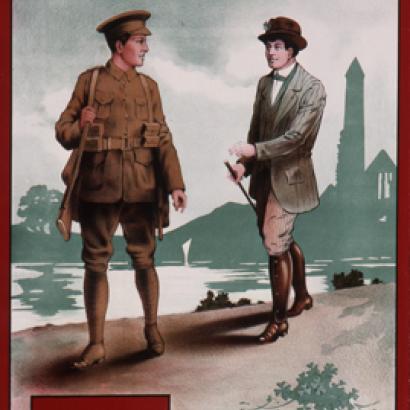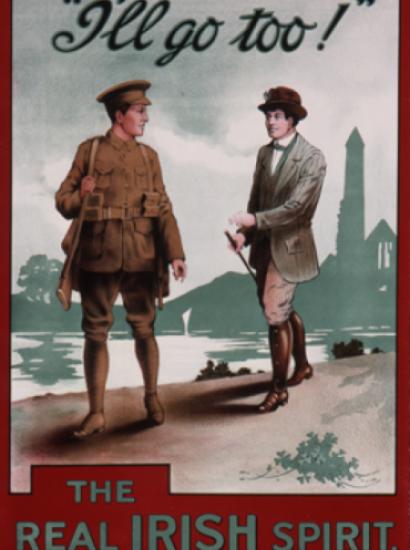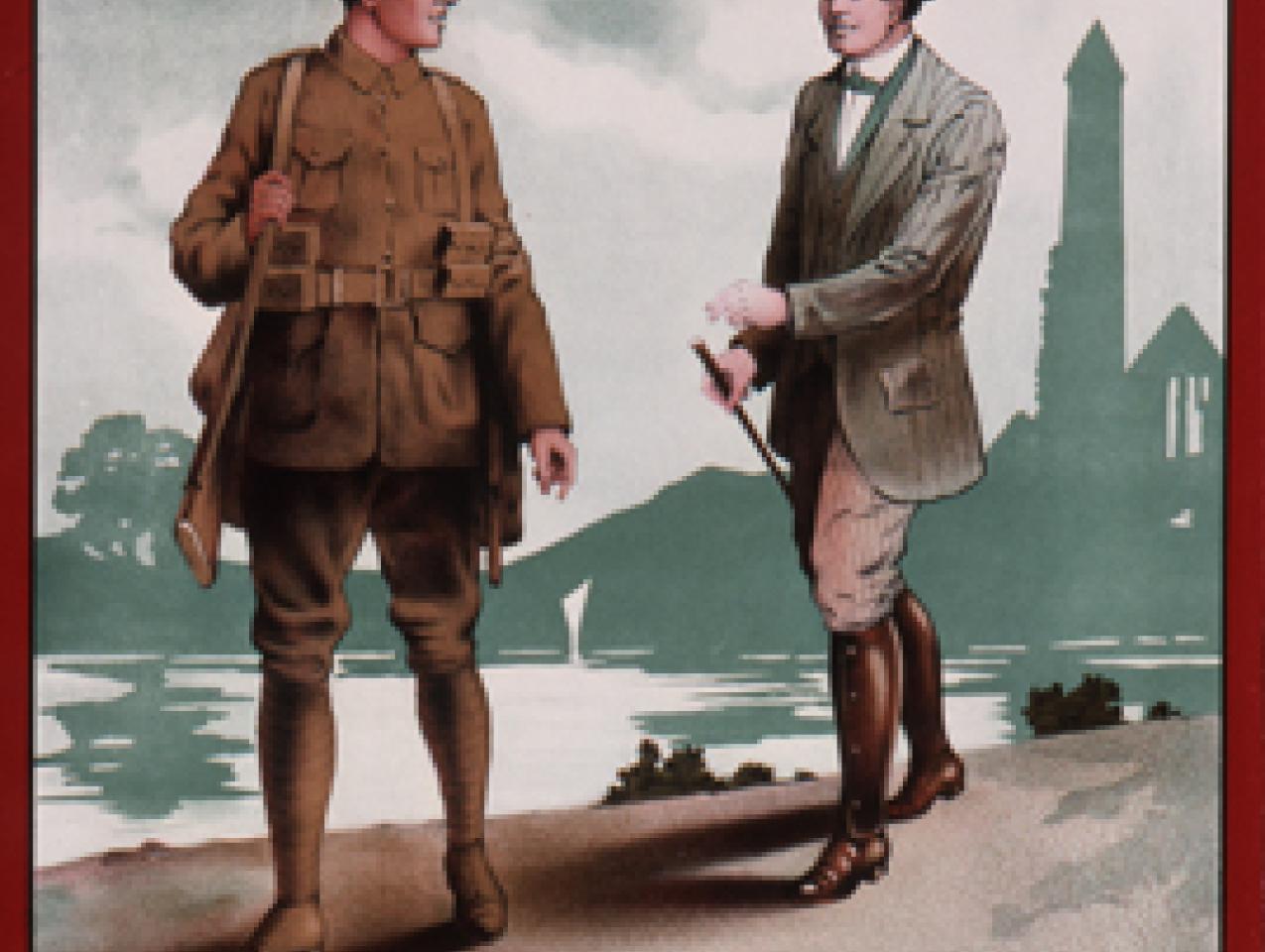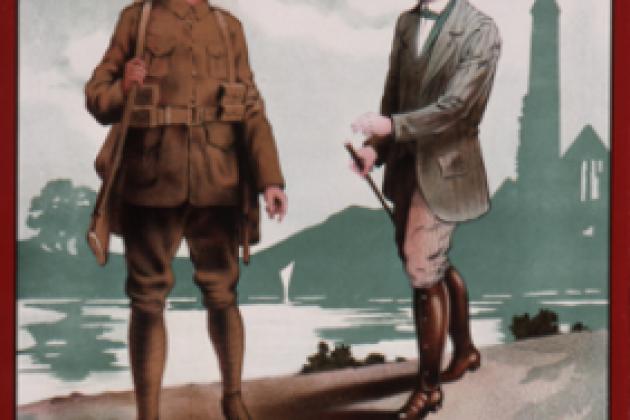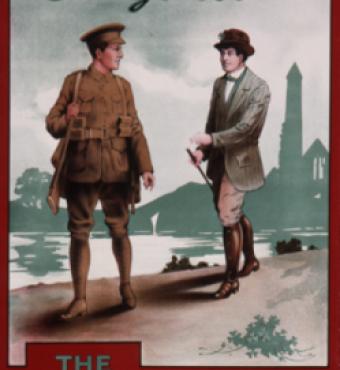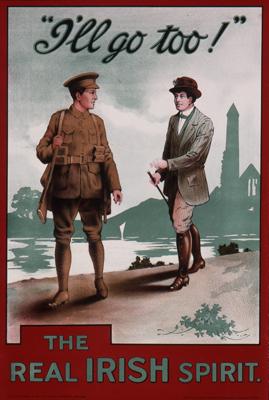- History
- Military
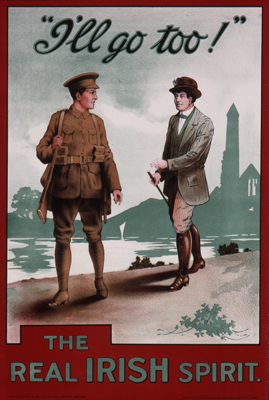
Shielding civilians from warfare has not always been routine practice. Homer tells of Troy in flames, soldiers of the Greek alliance raping, pillaging, and burning the city to the ground. Thucydides recounts how in 427 B.C. the Athenians nearly killed all the rebellious Mytilenean men and enslaved their women and children, but ultimately executed only the leaders of the revolt. Over a decade later in 416/5 B.C, the Athenians failed to exercise restraint and did bring about that very punishment against the neutrality-seeking Melians.
Siege warfare and the hardship that it brought to civilians was a standard practice from the Spartans in the Peloponnesian War through Henry V at Harfleur to Louis XII firing on Leonardo da Vinci’s defenses in Tuscany. Sherman’s March to the Sea was explicitly designed to bring the cost of warfare home to secessionists keeping a rebel army in the field. Winston Churchill provoked attacks on Britain’s cities to divert the Luftwaffe from RAF bases. American forces firebombed German cities and atomic bombed Japan. And those are just the civilized countries—we haven’t even included barbaric armies like those of Genghis Khan or the Persians in Herodotus’s history.
We in the insulated West would like now to believe warfare can be separated from civilians. The efforts to protect and assist civilians are neutral public goods, rather than weapons of war that prevent one side from achieving its objectives. Perhaps the height of this thinking was the Yugoslav wars of the 1990s, when Europeans were astonished Serbia considered targeting UN convoys legitimate, since they were delivering humanitarian assistance to besieged Croats and Bosnians that allowed those communities not to capitulate to Serbian terms.
We in the west continue to fight our wars with a delicacy of avoiding civilian targets. We even avoid destroying infrastructure, both to spare civilians the imposition of distress and ourselves the cost and trouble of rebuilding it after we achieve our war aims. And this is the crucial distinction: We have the luxury of holding ourselves to excruciatingly high standards because we have the means to win our wars, and with relatively little imposition on our own civilian rhythms of life. We have the luxury not even to be fighting on our own territory. It has given us an antiseptic view of war that in no way accords with the experience of the people fighting it—either our own military or the societies in which wars are being fought.
What we are losing sight of is that military forces do not exist in a vacuum. Clausewitz tells us that war is politics continued by violent means. Societies fight wars, their military forces are only the sharpest tool they employ, and civilians are what comprise the determination of societies to keep fighting or negotiate an end to a war.
ISIS fighters destroyed Mosul’s university, burned its library’s two million books, torched churches and defaced artwork, whipped a man for his wife answering the door unveiled, burned apostates and resisters alive. It shocked the conscience of the West. It shocks us still. But their purpose was to prevent resistance and symbolize the values of their new order, and they mostly succeeded at that. It took the Iraqi government nearly three years to retake Mosul, and required some units of the Iraqi security forces to sustain casualties as high as forty percent. The shadows of civilian collaboration, the choices various sectarian communities made and are making as the fighting winds down and ISIS is defeated, will cast long shadows into Iraq’s future. Because it isn’t just the Iraqi security forces that are winning this war, but Iraqi society. Iraqi civilians bore the brunt of this war alongside their military, and deserve credit as well for the victory.







